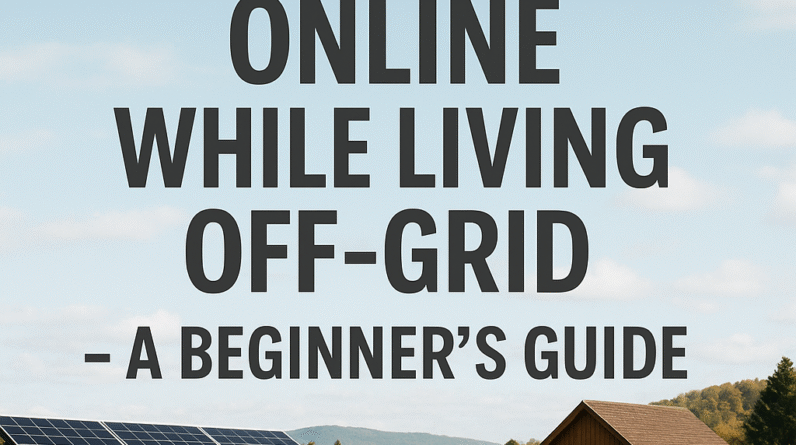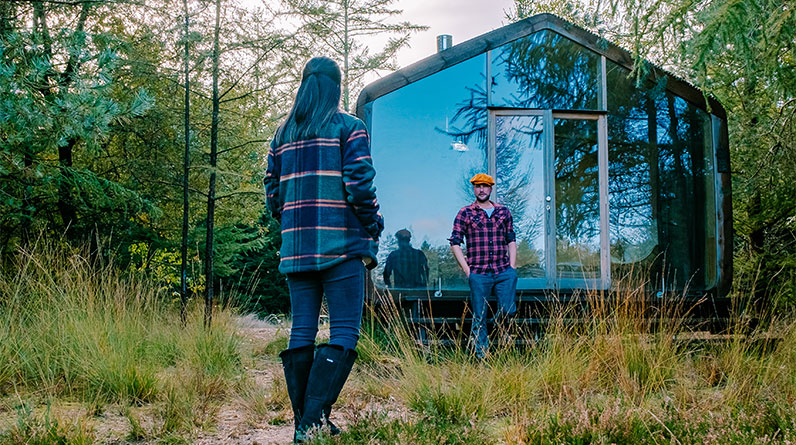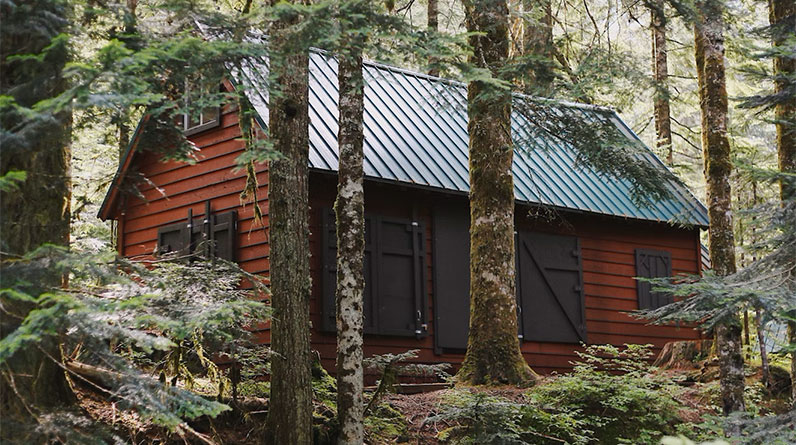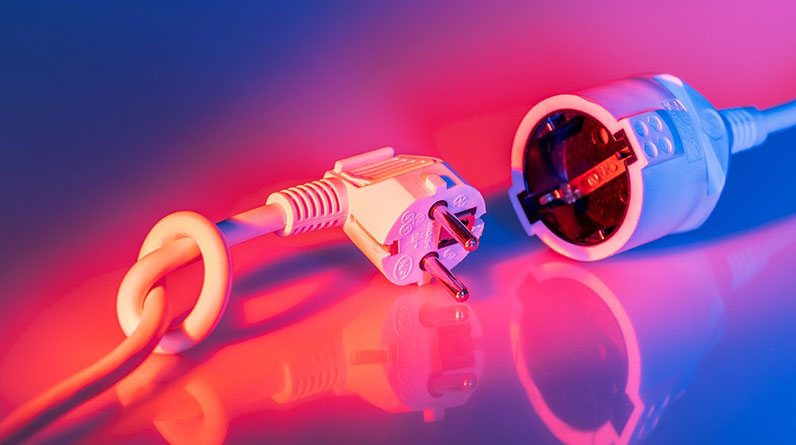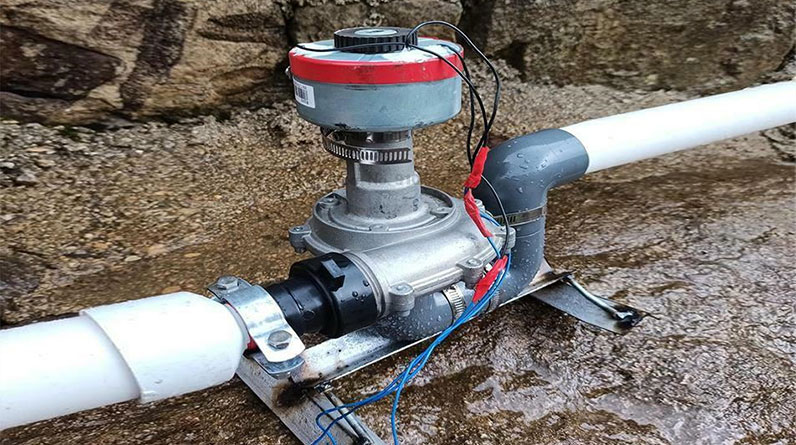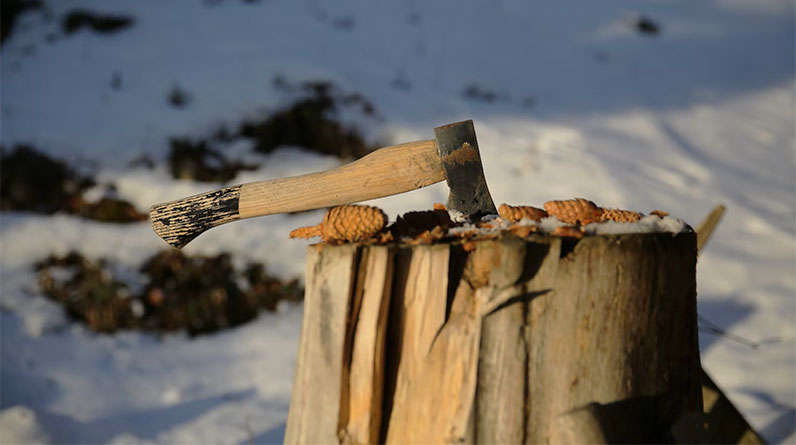
Practical Considerations for Living Off the Grid: A Complete Guide
Introduction: What Does “Off-Grid Living” Really Mean?
The phrase “living off the grid” often evokes dramatic images—rugged survivalists in remote cabins, disconnected from modern society. But in reality, off-grid living simply means being self-sufficient, free from reliance on public utilities like electricity, water, and gas.
Today, more people than ever are considering this lifestyle—whether for financial freedom, environmental sustainability, or personal independence. But is it truly practical?
In this 1,000-word guide, we’ll explore:
✔ Key reasons people choose off-grid living
✔ Essential systems for self-sufficiency (power, water, waste)
✔ Pros, cons, and realistic challenges
✔ Alternative options (like eco-homes)
✔ How to decide if off-grid living is right for you
Why Do People Choose to Live Off the Grid?
1. Energy Independence
Relying on the public power grid means vulnerability to outages, rising costs, and infrastructure failures. Off-grid systems (solar, wind, hydro) provide uninterrupted energy without monthly bills.
2. Lower Environmental Impact
Traditional energy sources (coal, gas) contribute to pollution. Off-grid homes use renewable energy, reducing carbon footprints.
3. Financial Savings
While initial setup costs are high, long-term savings on utilities can be substantial. Solar panels, for example, pay for themselves over time.
4. Escape Urban Stress
City life brings noise, crowds, and fast-paced demands. Off-grid living offers peace, privacy, and a slower lifestyle.
5. Emergency Preparedness
Natural disasters, economic instability, or grid failures make self-sufficiency appealing. Off-grid systems ensure survival without external support.
Essential Systems for Off-Grid Living
1. Generating Your Own Power
Solar Panels (Most Popular Option)
- Pros: Clean energy, low maintenance, government incentives.
- Cons: High upfront cost, weather dependent.
Wind Turbines
- Best for: Windy regions.
- Considerations: Noise, zoning laws, maintenance.
Hydroelectric Power
- Requires: A flowing water source (stream, river).
- Efficiency: Highly reliable if available.
Generators (Backup Option)
- Pros: Immediate power.
- Cons: Noisy, expensive fuel, pollution.
Tip: Most off-grid homes use a hybrid system (e.g., solar + wind + battery storage) for reliability.
2. Securing a Water Supply
Well Water
- Pros: Consistent supply.
- Cons: Drilling costs, potential contamination.
Rainwater Harvesting
- How it works: Collects rain via gutters into storage tanks.
- Needs: Filtration for drinking.
Natural Springs/Rivers
- Requires: Proper filtration and permits.
Key Consideration: Always test water quality and invest in purification systems.
3. Waste & Sanitation Solutions
Composting Toilets
- Pros: No water needed, converts waste to fertilizer.
- Cons: Regular maintenance.
Septic Systems
- Traditional but requires: Permits and upkeep.
Greywater Recycling
- Reuses water from sinks/showers for irrigation.
4. Growing Your Own Food
- Gardening: Vegetables, fruits, herbs (use greenhouses for year-round growth).
- Livestock: Chickens (eggs), goats (milk), rabbits (meat).
- Foraging/Hunting: Wild edibles supplement diet.
Tip: Start with easy crops like potatoes, beans, and leafy greens.
Pros & Cons of Off-Grid Living
✅ Advantages
✔ No utility bills (long-term savings)
✔ Energy security (no blackouts)
✔ Eco-friendly lifestyle
✔ Freedom from urban stress
✔ Self-reliance skills
❌ Disadvantages
✖ High initial costs (solar panels, batteries, wells)
✖ Maintenance labor (systems require upkeep)
✖ Legal hurdles (zoning laws, permits)
✖ Isolation (limited access to healthcare, stores)
✖ Unpredictability (weather impacts energy/water)
Alternative: Eco-Homes (Partial Off-Grid Living)
If full off-grid living seems daunting, consider an eco-home:
- Uses solar + grid connection (reduces bills without full independence).
- Easier to implement in urban/suburban areas.
- Less reliable than full off-grid but more practical for beginners.
Is Off-Grid Living Right for You? Key Questions
Before committing, ask yourself:
- Can I handle the physical work? (Gardening, repairs, hauling water)
- Am I comfortable with solitude? (Or do I need community access?)
- Do I have the skills? (Basic carpentry, electrical, plumbing)
- Can I afford startup costs? ($20,000–$100,000+ for systems)
Test First: Rent an off-grid cabin, try solar panels, or attend workshops.
Final Verdict: Is It Practical?
Off-grid living is not for everyone, but with planning, it’s achievable. It offers:
- Freedom from utility dependence
- Sustainable living
- Financial benefits long-term
If you’re ready for the challenge, start small and scale up. For those unsure, eco-homes or hybrid systems provide a middle ground.
Would you try off-grid living? Share your thoughts below!


